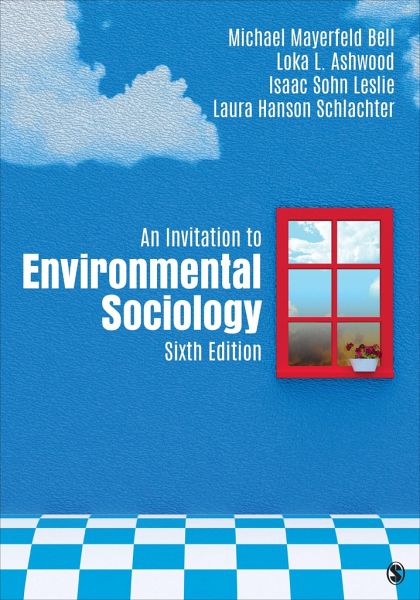
An Invitation to Environmental Sociology
Versandkostenfrei!
Versandfertig in 2-4 Wochen
178,99 €
inkl. MwSt.

PAYBACK Punkte
89 °P sammeln!
An Invitation to Environmental Sociology invites students to delve into this rapidly changing field. Written in a lively, engaging style, the authors cover a broad range of topics in environmental sociology with a personal passion rarely seen in sociology texts.
Dieser Artikel kann nur an eine deutsche Lieferadresse ausgeliefert werden.












